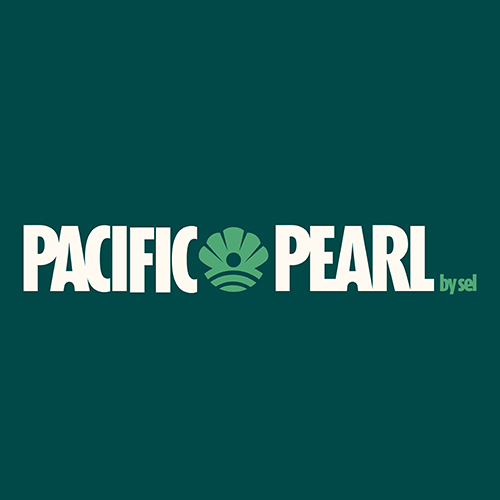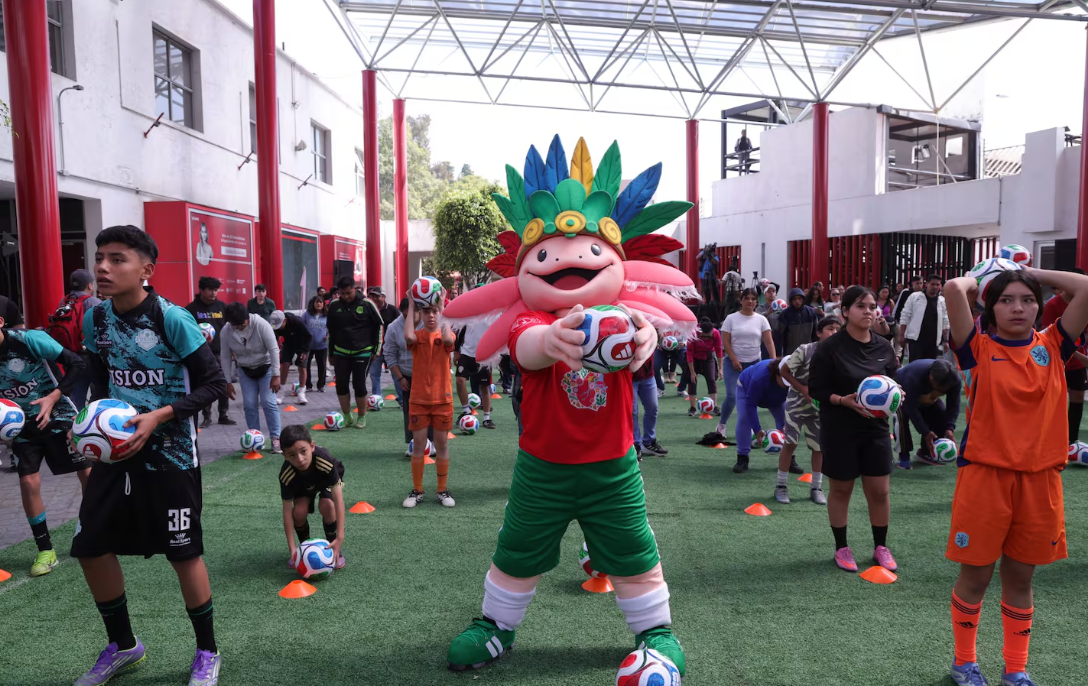The Mexico City government has begun rehearsals for what is being called “the world’s largest soccer class,” a massive event scheduled for March 1, 2026, aiming to bring together thousands of participants of all ages and break the current Guinness World Record.
According to city officials, the project is part of a broader strategy combining sports activities, infrastructure improvements, and mobility initiatives to prepare the capital as the opening host city of the upcoming FIFA World Cup.
Mayor Clara Brugada announced the creation of 500 soccer fields across the city’s boroughs to promote the sport at a neighborhood level. Alongside this, the children’s tournament “Torneo de las Infancias”—already featuring 700 teams and 7,000 participants—is serving as the foundation for a citywide soccer program uniting kids, youth, adults, and seniors.
The initiative also emphasizes sports inclusion, involving athletes with disabilities, futsal players, and freestyle performers. As part of World Cup preparations, the city announced major infrastructure projects expected to remain as a lasting legacy, including:
-
Modernization of the Tren Ligero, renamed “El Ajolote Train”, with new trains to double service between Tasqueña and Xochimilco.
-
A bike lane along Calzada de Tlalpan.
-
Construction of a “floating walkway” between Chabacano and Tlaxcoaque.
-
Improvements to access points around the Estadio Ciudad de México.
-
Renovation of the Xochimilco docks.
-
New lighting along Insurgentes and Calzada de Tlalpan avenues.
Mayor Brugada described the plan as an urban transformation to make Mexico City “a world-class and sports-oriented metropolis.”
The Mexico City Sports Institute (INDEPORTE) detailed the logistics for breaking the world record, currently held by Seattle with 1,038 participants in a 30-minute session. The new attempt will last 35 minutes, featuring segments such as Tiki-Taka, Around the World, The Feint, and Dribbling, ending with extra rounds like The Bicycle and Penalty Shootout.
A special “Soccer Decalogue for Peace” will also be introduced, promoting values of fairness, inclusion, and respect among participants.
The kickoff event gathered prominent figures from Mexican sports, including former national team player Elvira Aracén, freestyle champion Guillermo Mondragón Vázquez, and futsal player Johana Rubí Carrera Gómez, alongside representatives from the tourism, education, and culture departments. A new mascot — a feathered axolotl — was unveiled, with its name to be decided through a public vote.
Mayor Brugada emphasized that the goal is not only to break a record but to ensure that “soccer is lived” across all corners of the city, leaving behind long-term programs and infrastructure.
“Mexico City doesn’t just want to be a spectator — it wants to be a protagonist,” she said.
Weekly training sessions will now be held in schools, community centers (PILARES), and public spaces across all boroughs to build momentum and ensure massive participation by March 1, 2026.



